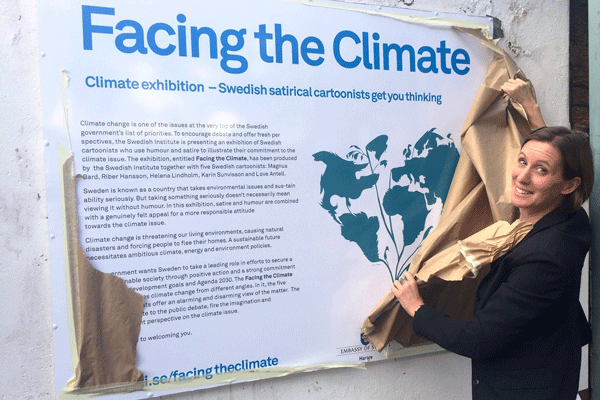
BY SHARON SIBINDI
Hundreds of villagers in Bulilima are set to be trained on beekeeping as part of efforts by the government in collaboration with the United Nations Development Programme (UNDP) to mitigate the effects of climate change.
The programme, which is being supported by Russia towards implementing Zimbabwe’s nationally determined contributions (NDC) under the Paris Agreement on Climate Change (STIZ-NDC), will benefit villagers in wards 8 and 22.
Climate change mitigation expert Lawrence Mashungu said the project seeks to enable the country to meet its NDC target by delivering the Low Emission Development Strategy and the Measuring, Reporting and Verification Framework, to be able to track and report quantitatively and qualitatively on the mitigation actions that the country is pursuing towards meeting its NDC.
“It is important to have a functional and effective MRV framework in place to facilitate partnerships with investors and companies.
“This also enables opening up investments, collaboration and technological exchange for low emission development,” he said.
“The total annual GHG emissions for the country in 2015 summed up to 22.0 MtCO2e, which constitutes 0.045% of the global emissions coming from the high deforestation rates where the country was reported to be losing approximately 312,900 hectares of forest per year from a total of 257, 783 km2 during the period1990 and 2000.”
Mashungu said this amounted to an average annual deforestation rate of 1.41%, between 2000 and 2005, the rate of forest change increased by 16.4% to 1.64% per annum.
- Chamisa under fire over US$120K donation
- Mavhunga puts DeMbare into Chibuku quarterfinals
- Pension funds bet on Cabora Bassa oilfields
- Councils defy govt fire tender directive
Keep Reading
“This loss of biodiversity can compromise the contributions of the indigenous forests to climate change mitigation through carbon sequestration affecting carbon and nitrogen cycles and livelihoods sustainability,” he said.
“Most rural communities in Zimbabwe, however, still have dense natural and artificial, forests which need to be maintained and enhanced so as to enhance the carbon sequestration capacity for Zimbabwe.
“These forests can also support bee- keeping but the challenge is the lack of capacity of communities to kick start such ventures, the knowledge on how to operate at optimum levels and produce sustainable yields.
“In the past, traditional methods have been used for bee keeping, which have resulted in increased deforestation and forest degradation due to the unsustainable use of trees to construct bee hives.”










